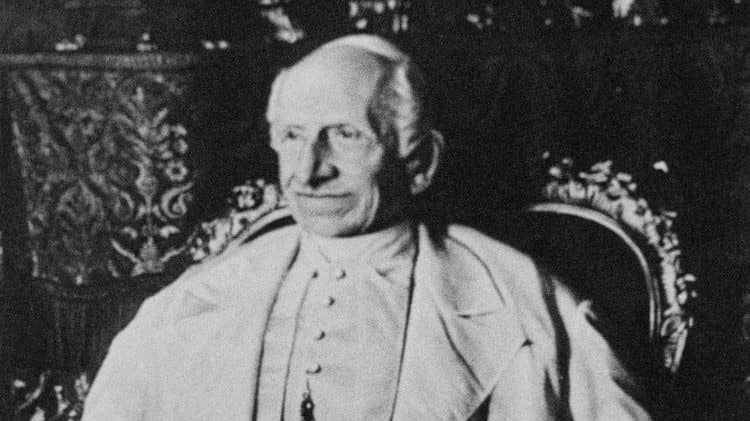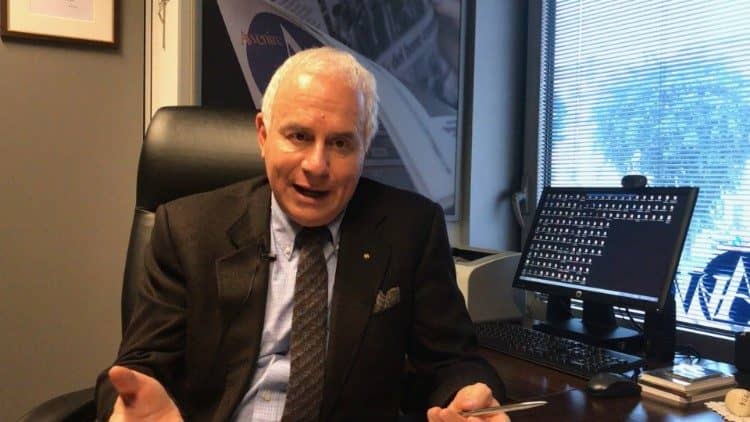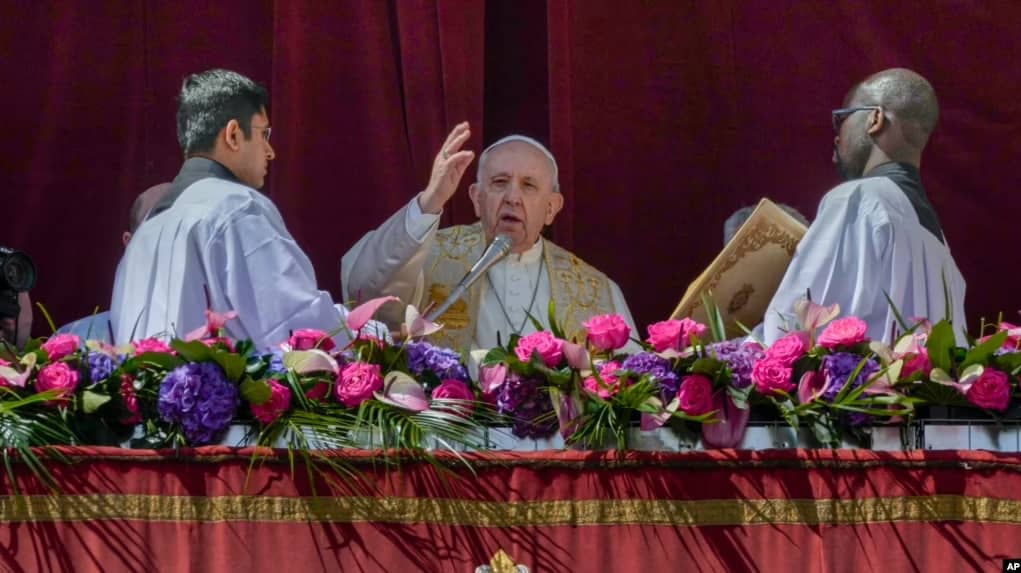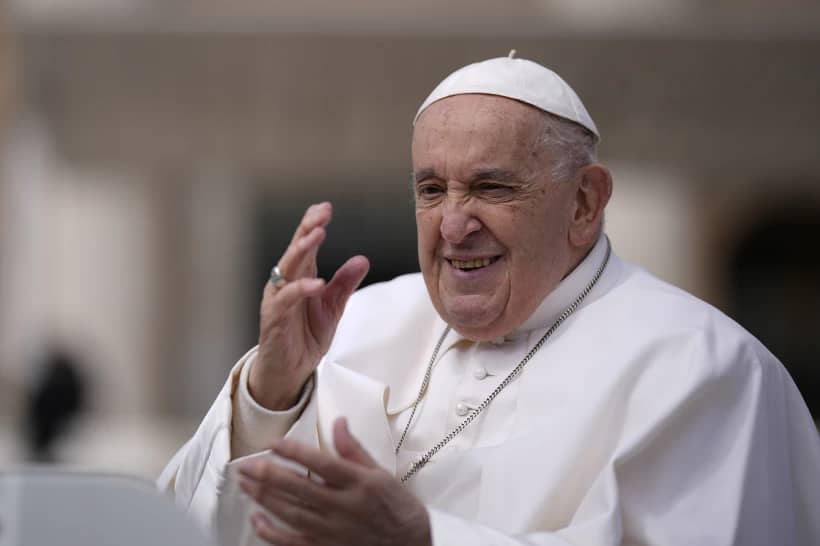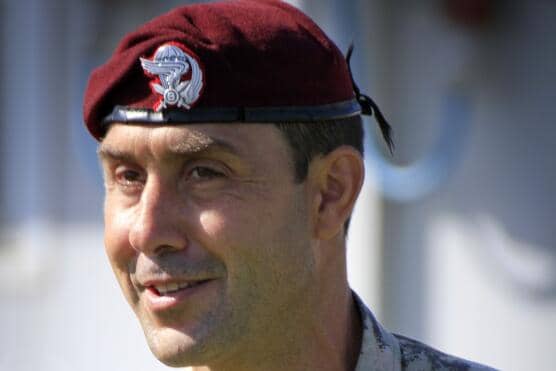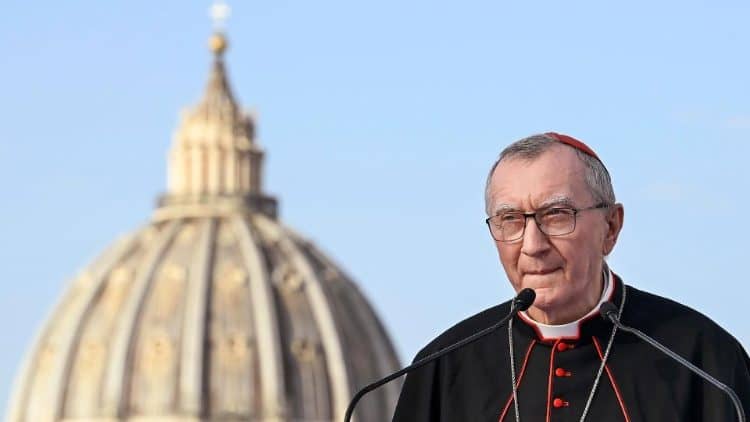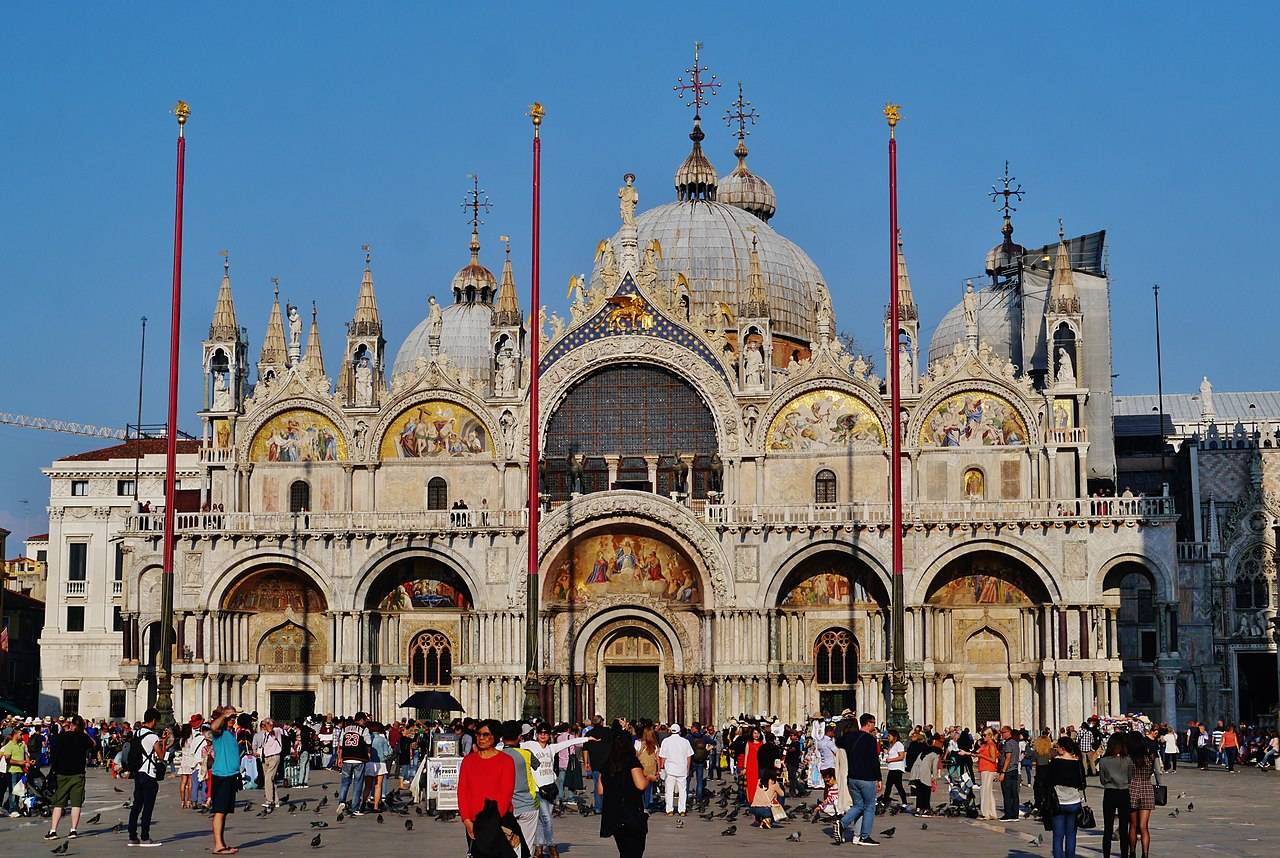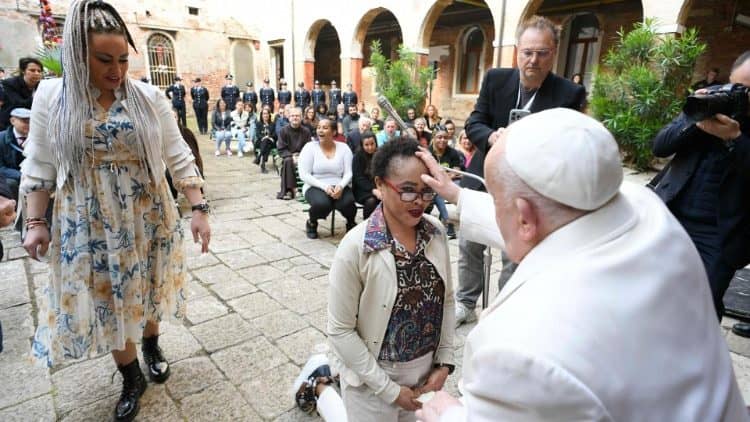ROME – Rumors set in motion this week by a journalist close to Pope Francis, Elisabetta Piqué of Argentina’s La Nacion, suggest the pontiff may be on the verge of naming his erstwhile bête noire, German Archbishop Georg Gänswein, as his apostolic nuncio, meaning ambassador, to an unspecified foreign country.
Yesterday, veteran Vatican writer Gian Guido Vecchi of Corriere della Sera speculated that the assignment might be to the Baltic states of Lithuania, Estonia and Latvia, a post vacant since March 11 when Archbishop Petar Rajič, the previous occupant, was named the new papal envoy to Italy and San Marino.
The reports come in the wake of well-documented tensions between Francis and Gänswein, in the latter’s role as the top aide to the late Pope Benedict XVI – “well-documented,” in large part, because both men have spoken remarkably openly of their rifts in tell-all books written in collaboration with reporters. Ganswein did so in Nient’altro che le verità (“Nothing but the Truth”) with Italian journalist Saverio Gaeta, and Francis replied in El sucesor (“The Successor”) with Spanish journalist Javier Martínez-Brocal.
Among admirers of Pope Francis, the possibility of giving Gänswein a new gig, after exiling him back to Germany after Benedict’s death with nothing to do, is being spun as a laudable choice to let bygones be bygones. As Piqué phrased it in her April 10 piece, it would be “an unexpected decision, but totally in line with that mercy, openness of heart and lack of rigidity that the first Jesuit pope has preached since the beginning of his pontificate.”
Those less inclined to see Francis in such glowing terms may be tempted to style it instead as a hollow PR move, intended to take the edge off the pontiff’s rather intemperate criticism of Gänswein in the new book, saying he lacked “nobility and humanity,” without actually affording him much real influence or authority, and notably placing him far away from the action in Rome.
(An editorial cartoon in Corriere della Sera on Sunday showed Gänswein with his bags packed under the caption, “Before, I was in the Vatican. Now they’re sending me to Lithuania and saying it’s a sign of closing the gap with the pope. Really??”)
Yet even setting aside the subjective question of the pope’s intent, there are a couple of structural reasons why naming Gänswein a papal ambassador under the present circumstances might merit a second thought.
Before coming to that, let’s dismiss one potential objection, which is that the 67-year-old Gänswein did not study at the Pontifical Ecclesiastical Academy, the usual training ground for future papal envoys, and has no diplomatic experience, and therefore arguably might be unqualified.
First of all, there’s precedent for a former official of the Vatican’s doctrinal office successfully transitioning into the Vatican’s diplomatic service: American Archbishop Charles Brown, who served in the Congregation for the Doctrine of the Faith from 1994 to 2011, when Pope Benedict XVI named him his envoy to Ireland. By all accounts, Brown did a creditable job helping the Irish church navigate the tempests of the sexual abuse crisis, and today is serving as the apostolic nuncio to the Philippines.
Having held the post of Prefect of the Papal Household under both Benedict and Francis, Gänswein is adept at dealing with heads of state and other diplomatic actors, and almost certainly could figure out whatever else he needs to know fairly quickly.
The real objections to such a nomination have to do with what it says about the country to which Gänswein might be assigned, and also about the role of an apostolic nuncio itself.
To begin with the country, the most important thing any nation cares about when one of its diplomatic partners is picking a new ambassador is whether the choice indicates they’re being taken seriously. Assign someone perceived to have real heft with the administration he or she represents, and the receiving country will feel positive about the pick; select someone perceived as an outsider – or, worse, someone seen as being in disfavor with his or her boss – and the appointment could come across almost as an insult.
It’s almost tantamount to saying, “I care so little about our relationship with you that I’m sending you somebody I don’t really trust, just to get him out of the way.”
As a corollary, such perceptions would also likely limit Gänswein’s effectiveness. The most important asset any ambassador has is the perception that he or she can speak authoritatively on behalf of their boss. Under these circumstances, however, it seems reasonable that a host nation to might have their doubts about how seriously to take whatever Gänswein says as a statement of papal intentions.
In addition, there’s also the matter of the impact of such an appointment on the morale of the Vatican diplomatic corps.
Over the centuries, serving as a papal envoy has been seen as a tremendously important role, with Rome’s Accademia, founded by Pope Clement XI in 1701 to train papal diplomats, traditionally seen as a “cream of the crop” destination for young clerics. Nuncios are not only the voice and face of the pope in exchanges which the governments to which they’re accredited, but they also represent the Holy See and the pontiff in the life of the local church in that country.
In other words, it’s a critical posting, and any pope should want the people charged with such a responsibility to take it seriously.
Given that, one might reasonably ask whether it’s wise for any pope to send the signal, however inadvertently, that he cares so little about the nuncio’s role that he’s willing to burn a spot simply to get rid of a figure perceived as a problem.
To come back to the comparison with Brown, when he was dispatched to Ireland in 2011, it was perceived that he came with the pontiff’s deep trust and personal support, and he was stepping into a situation where his background with the canonical dimension of the abuse crisis would be uniquely helpful. The fact Brown was an outsider to the diplomatic world thus wasn’t taken by other nuncios as a slight, but it’s hard to see how they would draw the same conclusion about Gänswein.
None of this, of course, is to suggest that Pope Francis doesn’t genuinely want to bury the hatchet, or that he doesn’t believe Gänswein could acquit himself well as an ambassador. It does suggest, however, that if the idea moves forward, the pontiff may want to find some way to make clear that this is more than what the Italians derisively call a parcheggio, meaning a parking spot, just to give Gänswein something to do.
Otherwise, for the sake of solving a temporary headache, the pope may end up with longer-term problems, both with another country and within his own diplomatic corps.








